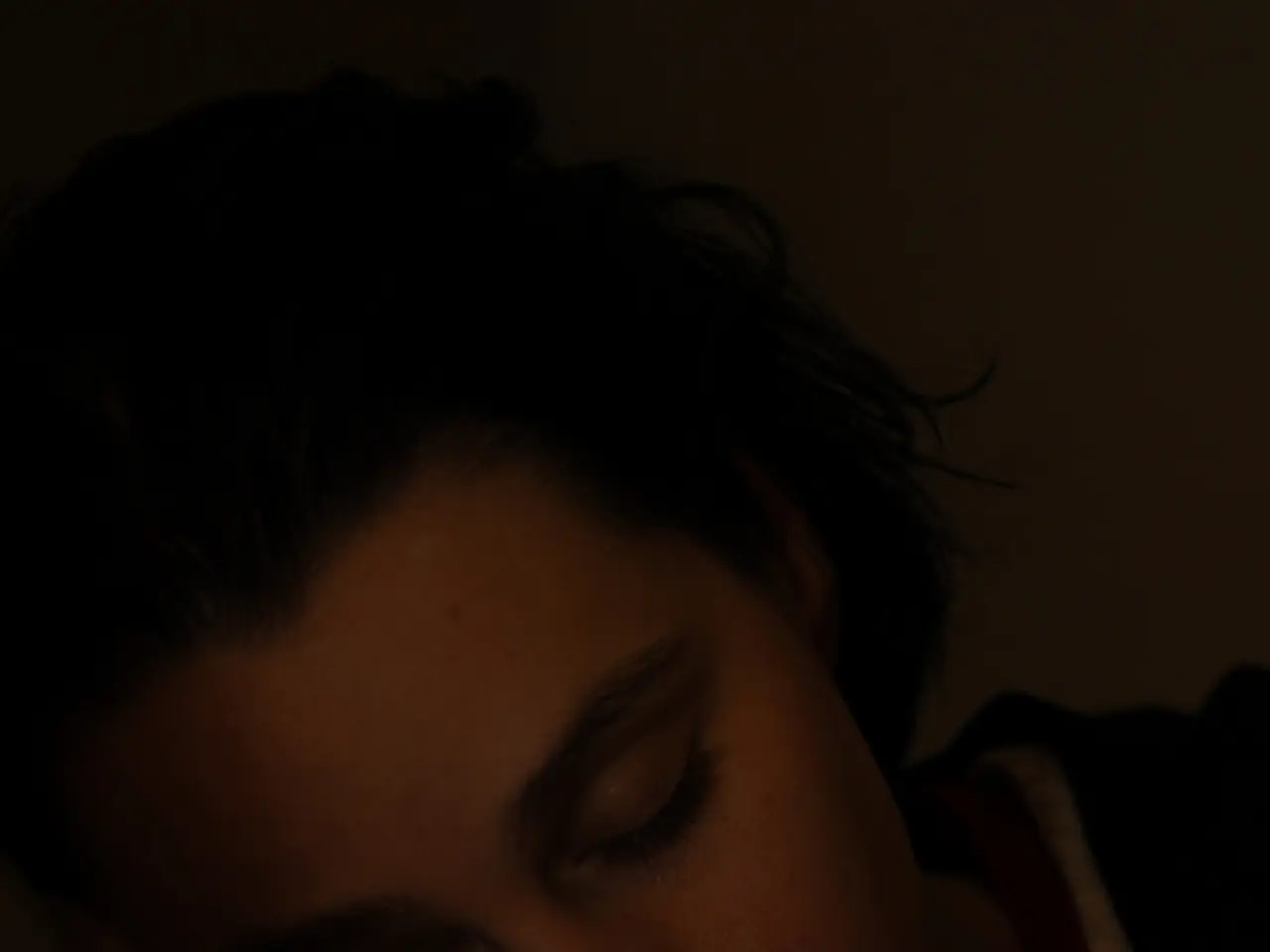Sleep Deprivation Linked to Faster Brain Ageing, Study Finds
A new study has revealed a significant link between sleep and brain ageing. Poor sleep can cause the brain to appear nearly a year older than its actual age, according to research led by Dr. Diego Z. Carvalho of the Mayo Clinic. The study, published in the journal Neurology, found that inflammation may account for about 10% of the connection between sleep and brain ageing. It focused on five aspects of sleep: chronotype, sleep duration, insomnia, snoring, and daytime sleepiness. Late chronotype and abnormal sleep duration were the biggest contributors to faster brain ageing. Using MRI scans and over 1000 imaging markers, researchers estimated brain age. People with poor sleep profiles had brains that appeared older than expected. Other processes, such as the glymphatic system and health conditions, may also play a role in this link. The study highlights the importance of sleep for brain health. Having a brain age higher than actual age can signal departure from healthy ageing and is linked to faster cognitive decline and greater dementia risk. As sleep habits are modifiable, improving sleep health may protect brain health and slow down brain ageing.
Read also:
- Inadequate supply of accessible housing overlooks London's disabled community
- Strange discovery in EU: Rabbits found with unusual appendages resembling tentacles on their heads
- Duration of a Travelling Blood Clot: Time Scale Explained
- Fainting versus Seizures: Overlaps, Distinctions, and Proper Responses






